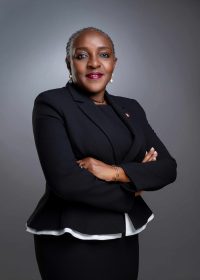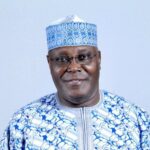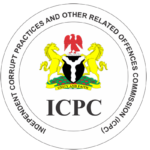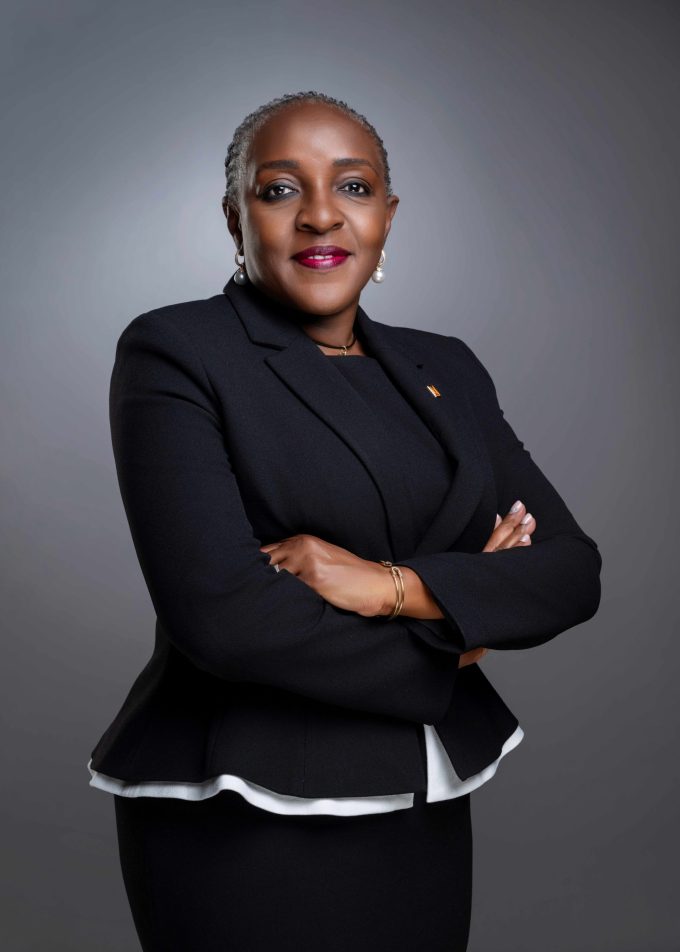The Minister Minister of Finance and Coordinating Minister of the Economy, Wale Edun, has announced plans to permanently stop deductions for the cost of revenue collection paid to agencies such as the Federal Inland Revenue Service, the Nigerian Customs Service, and the Nigerian Upstream Petroleum Regulatory Commission, among others.
Edun, who made this disclosure on Wednesday in Abuja while speaking at a panel session after the launch of the October 2025 edition of the World Bank’s Nigeria Development Update, titled “From Policy to People: Bringing the Reform Gains Home.” revealed that following a presidential directive, several layers of deductions previously made before sharing proceeds from the Federation Account Allocation Committee have now been scrapped to improve fiscal transparency and ensure that more resources reach the three tiers of government.
“Funds have flowed to the Federation Account, but the point is this: efficiency of that spending is critical We have been mandated by His Excellency, President Bola Tinubu to take a look at deductions, not just the deductions for cost of collection, but deductions generally, as we saw, when you look at the gross figure, you see all kinds of deductions before you get to the net distributable figure, which goes to the federal state and local governments. And I must inform that even during the last FAC allocation, most of those deductions have been removed once and for all,” Edun said.
According to theminister, the reform is part of the government’s broader effort to strengthen fiscal governance, promote transparency, and ensure that federal and subnational governments have more predictable revenues to fund development projects.
He added that the government was reviewing all forms of deductions from gross revenues, including refunds and interventions, to ensure that every naira collected is efficiently used for national development.
“The constitution says that funds should flow from revenue-collecting agencies into the federation account and be distributed according to the then formula, and that is what is now being done. And we can expect it’s a work in progress in terms of the review of the different deductions, but what we can expect is greater transparency, efficiency, funding for development at the federating units, the federal government and the states, and of course, flowing from the states to the local governments. So we are looking at a much stronger fiscal situation. We are going to be looking at much stronger accountability, transparency, and efficacy of spending. We are cleaning that up because efficiency and transparency are key to achieving fiscal sustainability,” Edun explained.
Under Nigeria’s fiscal structure, the Federal Inland Revenue Service, Nigerian Customs, and other agencies have traditionally retained a percentage of revenues they collect as a “cost of collection.” Critics have long argued that the practice encourages inefficiency, inflates administrative expenses, and reduces the amount distributable to federal, state, and local governments through FAAC.
Also speaking at the event, World Bank Lead Economist for Nigeria, Samer Matta, observed that while Nigeria’s gross revenue collections had soared sharply in 2025, a significant portion was being lost to various deductions, many of which did not directly contribute to national development.
Presenting the economic overview, Matta revealed that revenues shared by FAAC had risen from around five per cent of GDP in 2023 to nearly 9.5 per cent in the first eight months of 2025, reflecting stronger oil receipts and non-oil tax collection.
However, he lamented that “a big component of these deductions goes to revenue-collecting agencies for their own spending, while another chunk flows back as subnational refunds and interventions,” adding that this trend blurs fiscal efficiency.
“Nigeria’s revenues have increased, but so have deductions,” Matta noted. “The key issue is ensuring that these funds are used for measurable development impact rather than administrative overheads.”
The World Bank’s analysis also highlighted a sharp contrast in spending priorities between the federal and state governments. While the federal government’s expenditure is dominated by debt service, salaries, and overheads, subnational governments have significantly increased capital investments.
According to the NDU, the capital expenditure of state and local governments has surged from about one per cent of GDP in 2022 to a projected 2.7 per cent in 2025, accounting for roughly 60 to 65 per cent of their total spending.
By contrast, at the federal level, interest payments and personnel costs now account for about 70 per cent of expenditure, leaving “very little fiscal space for capital projects,” the report stated.
The report praised Nigeria’s recent fiscal and monetary reforms, describing them as steps that have boosted revenue mobilisation and reduced the fiscal deficit.
Between 2024 and 2025, Nigeria’s fiscal deficit fell to about 2.5 per cent of GDP, an improvement from an average of 4.4 per cent recorded between 2021 and 2023. The World Bank described this as evidence of “fiscal resilience,” especially at a time when global oil prices have softened.
Nevertheless, the Bank warned that translating these macroeconomic gains into real improvements in living standards remains Nigeria’s greatest challenge.
The World Bank listed three urgent priorities for Nigeria: reducing inflation, especially food inflation; using public funds more efficiently; and expanding social safety nets to cushion the poor.










